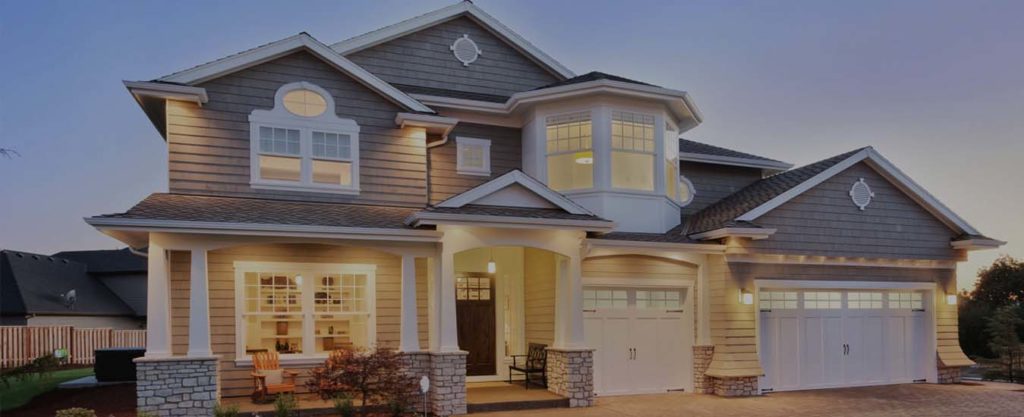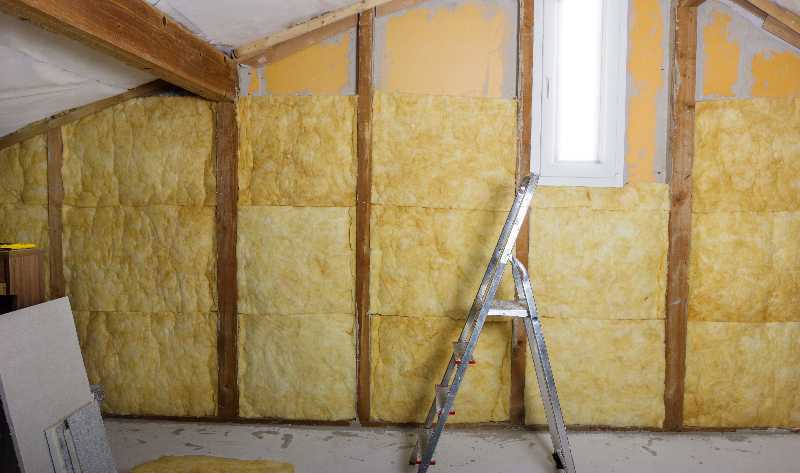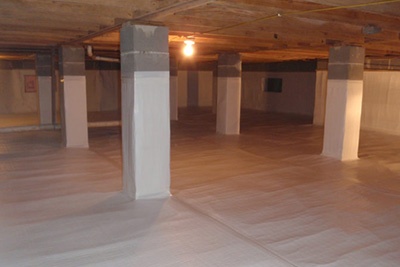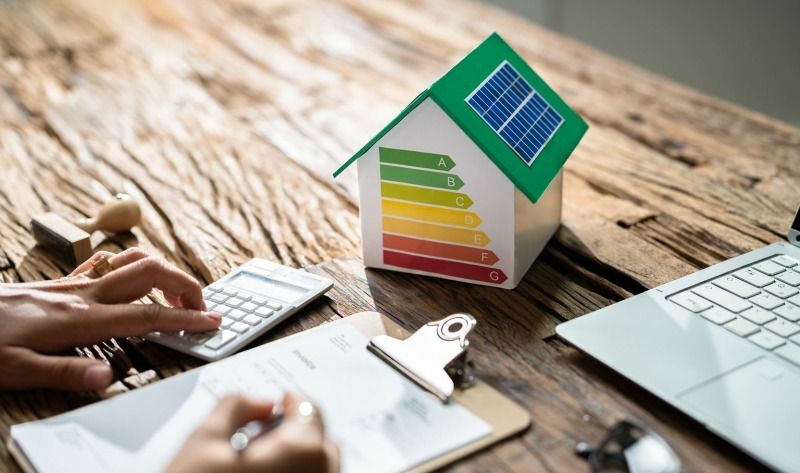
In the ever-changing climate of Virginia, where temperatures can swing from sweltering summers to chilly winters, the importance of proper insulation cannot be overstated. Beyond merely keeping your home at a comfortable temperature, insulation plays a crucial role in enhancing energy efficiency and, consequently, helping you save money on utility bills. In this comprehensive guide, we’ll delve into the fundamentals of insulation, exploring its impact on different areas of your home and offering valuable insights to make informed decisions.
Insulation Basics for Virginia Homes
Understanding the basics of insulation is key to making wise choices for your home. The term “R-value” is often thrown around in insulation discussions but simply signifies the material’s resistance to heat flow and its insulating power. The higher the R-value, the more insulating power. In Virginia, where both heating and cooling are significant concerns, choosing the right R-value is crucial. Energy Star has created a helpful map showcasing the recommended R-values for each climate zone of the United States. Utilize this map to guarantee you sufficiently insulate your home.
When choosing insulation, remember there are common types of insulation like fiberglass insulation, cellulose insulation, and insulation spray foam that each have their unique advantages, with considerations such as cost, effectiveness, differing R-values, and eco-friendliness playing a role.
Attic Insulation: The Crown Jewel of Energy Efficiency

The attic, often an overlooked area, plays a pivotal role in maintaining a comfortable indoor environment. Proper attic insulation can prevent the escape of conditioned air and the intrusion of cold air, significantly impacting your energy bills. When installing attic insulation, ensure proper ventilation, seal gaps, use recommended materials such as spray foam or fiberglass insulation, and address moisture issues for optimal efficiency and comfort. For the Lynchburg area, an uninsulated attic should be insulated to an R-value of R-60.
Wall Insulation: Guarding Your Home’s Energy Fort

As the literal backbone of your home, walls require insulation to ensure optimal energy efficiency. The choice between insulating new or existing walls poses unique challenges, with exterior walls being especially critical. Batt insulation or spray foam work well with open walls while blown-in insulation is often a top choice to fill existing closed walls. The best practices for installing insulation in your walls involves understanding the specific needs of your home, utilizing quality insulation materials, and adhering to recommended installation techniques.
Basement and Crawl Space Insulation: Conquering the Subterranean Challenges

Besides being creepy, basements and crawl spaces present unique challenges due to their frequent moisture and ventilation issues. Appropriate insulation materials, coupled with effective damp-proofing methods, can transform these spaces into meaningful contributors to your home’s total energy efficiency. Addressing these challenges head-on with proper basement and crawl space insulation will ensure a more comfortable living environment, energy savings, and provide valuable extra space in your home.
Insulating Floors and Ceilings: Balancing the Energy Equation
Insulating your floors and ceilings, especially in multi-level homes, is another effective part to maintaining a consistent indoor temperature. Choosing the right materials and implementing proper installation techniques can minimize heat flow and optimize energy efficiency, ensuring each level of your home remains comfortable year-round.
Special Considerations for Virginia Homes: Navigating Unique Terrains
Our state’s diverse landscape brings about unique considerations for homes, especially historic or older ones. Adapting insulation strategies to comply with local building codes and regulations, as well as addressing the specific needs of coastal or inland areas, is essential for a well-insulated and energy efficient home.
Hiring a Professional vs. DIY: Weighing the Options
Deciding whether to hire a professional insulation contractor or embark on a DIY project depends on various factors. Safety considerations, the complexity of the job, and the tools required are all crucial elements to contemplate. When you choose a professional insulation contractor to insulate your home, you’re choosing peace of mind that the job will be done safely and efficiently by a trained expert. Striking the right balance between cost savings and quality insulation is key.
Cost and Energy Savings: A Wise Investment for Your Home

While the initial cost of insulation may seem daunting, the long-term benefits far outweigh it. Conducting a cost-benefit analysis of different types of insulation, estimating potential energy savings, and exploring available incentives or rebates in Virginia can help you make a well-informed decision. Investing in energy efficient insulation is not just about saving money; it’s about creating a sustainable and comfortable home.
Transforming Homes, Saving Energy
Ultimately, the journey to a more energy efficient and comfortable home begins with a thorough assessment and upgrade of your insulation. With the right materials, techniques, and professional guidance, you can transform your living space into a haven of comfort while making a positive impact on your wallet and the environment. At Toler Insulating, we’re here to help you embrace the power of proper insulation and unlock the full potential of your Virginia home. Contact us today to get started.